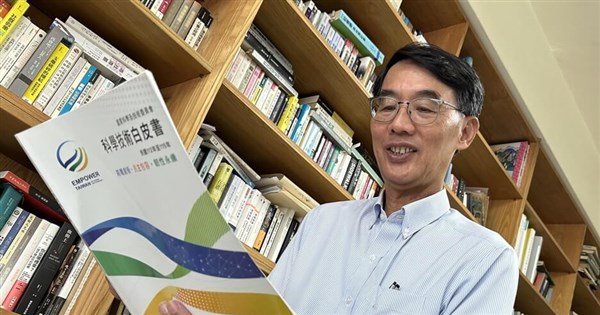Key Takeaways
- The U.S. should focus on enhancing semiconductor cooperation with Taiwan rather than imposing tariffs on its products.
- China’s influence in the semiconductor market is projected to grow significantly, threatening global supply chains.
- Joint efforts between democracies, including the U.S., Taiwan, and South Korea, are essential to manage semiconductor challenges posed by China.
U.S.-Taiwan Semiconductor Cooperation Needed
According to Taiwan’s DSET think tank, the U.S. should prioritize strengthening semiconductor collaborations with Taiwan over imposing tariffs on Taiwanese chip products, which have been threatened by the Trump administration. This perspective arises as Taiwan seeks to avoid significant tariffs on its goods and focuses on bolstering its semiconductor development capabilities.
DSET Chief Jeremy Chang emphasized that without concerted efforts to counter China’s rise in the semiconductor sector, the global industry could become increasingly reliant on Chinese suppliers, undermining democratic alliances. He referenced the DSET’s “Let a Hundred Flowers Blossom” report, advocating for increased cooperation between Taiwan and the U.S. That report highlighted the importance of managed capacity planning, joint research and development among non-Chinese firms, and restrictions on Chinese imports to mitigate challenges from China.
DSET fellow Ho Ming-yen underlined that the effectiveness of democracies’ semiconductor export controls against China—particularly concerning raw materials for mature chip production—will greatly influence their ability to contain Beijing’s ambitions. He proposed that the U.S., Europe, and East Asian countries, including Taiwan and South Korea, should establish a sectoral agreement addressing tariffs and investment restrictions, along with creating a free trade mechanism along the semiconductor supply chain.
The report cautioned about China’s strategic moves in the global semiconductor market, supported by government subsidies and long-term planning. It warned that Chinese firms may account for nearly half of the new mature-node manufacturing capacity globally within the next decade. In 2023, China held 34 percent of the mature chip market, with projections showing an increase to 47 percent by 2027. Taiwan’s market share is expected to decrease from 43 percent to 36 percent, placing it behind China in mature chip production, while the U.S. is forecast to drop to a mere 4 percent.
Despite these pressing concerns, the U.S. has initiated a Section 232 investigation under the Trade Expansion Act regarding import tariffs on Taiwan-made chips. Chang cautioned that such measures could worsen the situation without effectively addressing China’s semiconductor growth, urging a cooperative approach instead to safeguard the interests of Taiwan and its allies in the global tech landscape.
The content above is a summary. For more details, see the source article.















